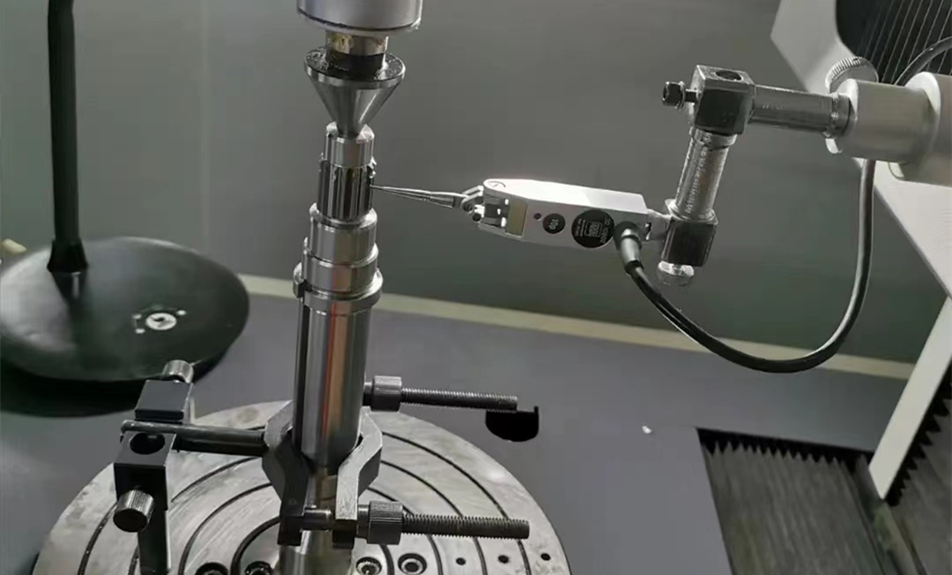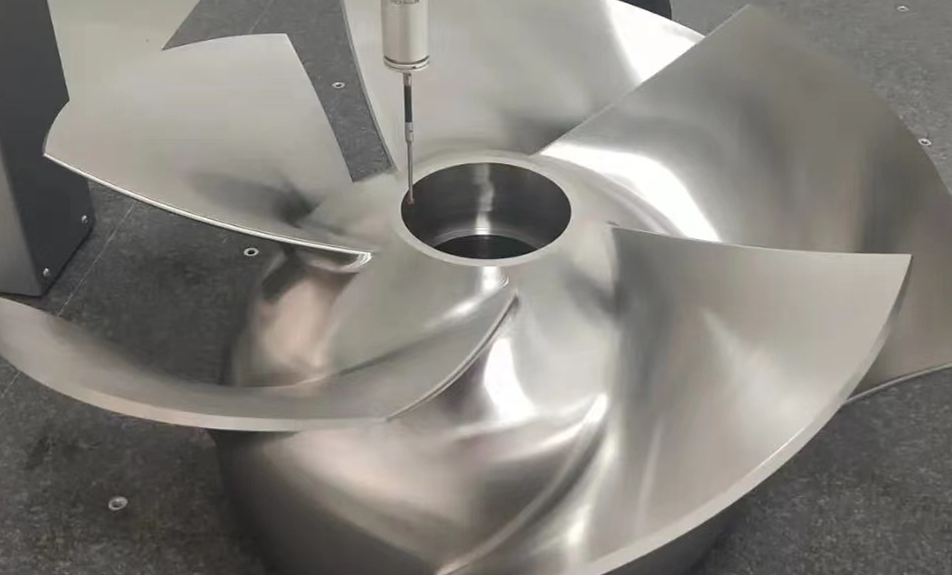Falcon MFG excels in custom machining services, specializing in 5-axis, automotive, and aluminum machining, as well as aluminum die casting and high-volume production. With a remarkable capacity of 10,000,000 parts per month, powered by 300+ cutting-edge machines and equipment, as a machining supplier, we leverage 1000+ CNC machining materials and employ 28+ advanced CNC technologies. Our commitment extends to offering 21+ surface finishes. Holding prestigious certifications including ISO 9001, 16949, and 13485, Falcon MFG, the machining service factory, is your trusted partner for superior quality and manufacturing excellence.

Precision in custom machining services is paramount for achieving superior quality and functionality in components. Falcon MFG, as a machining supplier, recognizes the pivotal role precision plays in meeting exact specifications and industry standards. Our commitment to precision machining ensures that every part, whether in 5-axis, automotive, or high-volume production, is meticulously crafted. This dedication not only enhances performance but also guarantees the reliability and consistency essential for success in diverse applications and industries.

Custom machining services wield a profound impact on product development, influencing design intricacies, material selection, and overall quality. Falcon MFG's expertise in 5-axis, automotive, and high-volume machining propels innovation by delivering precision components crucial for optimal product performance. Our commitment to excellence ensures that machining becomes a catalyst for elevating product standards, fostering reliability, and driving advancements across industries, ultimately shaping the success and competitiveness of your product in the market.
In 5-axis machining, the additional two rotational axes (A and B) allow for intricate and complex cuts from multiple angles. This capability is particularly advantageous for industries requiring precision and versatility, such as aerospace and medical device manufacturing.
3-axis machining: Suited for simpler geometries and flat surfaces.
4-axis machining: Enables the tool to rotate around the X or Y axis, beneficial for more complex shapes and undercuts.
5-axis machining: Offers the most flexibility by allowing the tool to tilt and rotate, facilitating the production of highly intricate and contoured parts.
Milling: Involves removing material with rotary cutters, suitable for creating slots, pockets, and contours.
Turning: Rotates the workpiece against a cutting tool, ideal for cylindrical shapes.
Drilling: Creates holes using a rotating drill bit, commonly used in various applications.
Grinding: Provides high precision and smooth finishes, often employed for critical components.
Aluminum alloys are known for their excellent machinability due to their relatively low melting point and softness. This allows for efficient cutting, shaping, and forming processes, making aluminum a preferred choice for machining applications.
Melting: Aluminum is typically melted in a furnace.
Casting: The molten aluminum is poured into a mold, taking its shape.
Cooling: The casting solidifies as it cools within the mold.
Finishing: Once removed from the mold, the casting undergoes finishing processes such as machining, polishing, or coating.
Complex Geometry: Die casting allows for intricate and detailed designs that may be challenging with other methods.
High Precision: Tight tolerances and fine details are achievable.
High Production Rates: Well-suited for mass production due to quick cycle times.
Reduced Material Waste: Minimal post-casting machining is required, minimizing material loss.
Good Surface Finish: Die-cast parts often have a smooth and aesthetically pleasing surface without the need for extensive finishing.